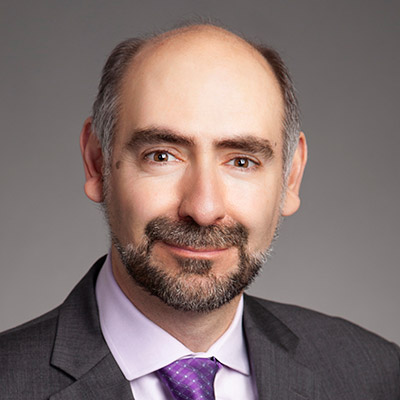Jennison Associates
Jennison Associates was founded in 1969 on a belief that is as true today as it was then: Doing what’s right for clients will always be right for the business. Our investment-focused culture is the bedrock of our success, and we are dedicated to supporting our long-standing client relationships. We believe that sustainable alpha generation is possible through deep fundamental research, specialized teams of highly experienced investment professionals, bottom-up portfolio construction, and high-conviction investing. Our fixed income team manages investment grade strategies across the duration spectrum with an investment style that focuses on high-quality credit, liquidity, and downside volatility.
Jennifer Karpinski, CFA
Client Portfolio Manager
jkarpinski@jennison.com
(617) 345-6867
www.jennison.com
One International Place
Suite 4300
Boston, MA 02110





